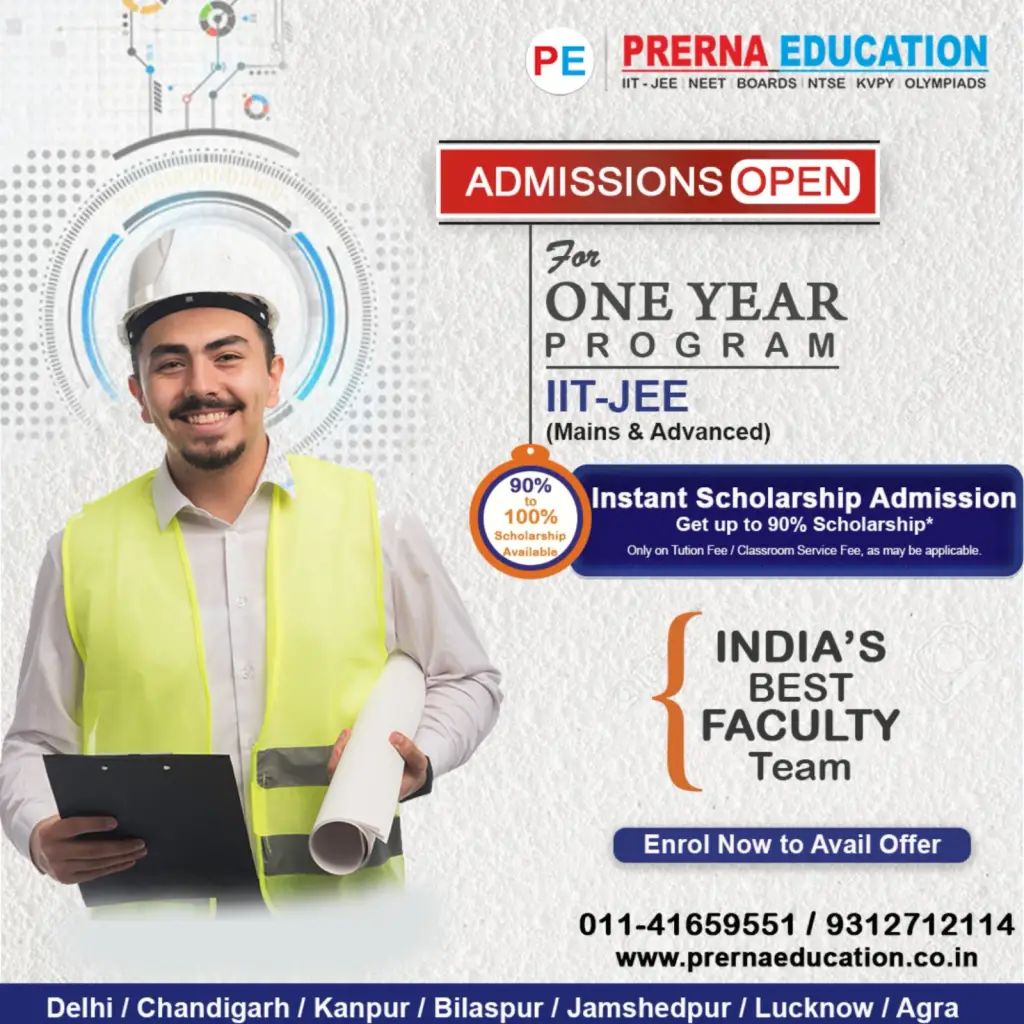Photosynthesis in Higher Plants Assignments/DPPs
The captivating world of botany takes you on a journey into the heart of a life-sustaining process – photosynthesis. Delving into the chapter “Photosynthesis for Higher Plants” in Class 11 equips you with a vital foundation for success in NEET and beyond. This chapter unveils the intricate biochemical pathway by which plants capture sunlight energy and convert it into usable energy (food) for themselves and the entire ecosystem.
Overview : Photosynthesis for Higher Plants for Class 11 and NEET
Photosynthesis forms the cornerstone of life on Earth. It is the process by which plants, algae, and some bacteria utilize sunlight, water, and carbon dioxide to synthesize organic food (glucose) and release oxygen as a byproduct. This process can be summarized by the following chemical equation:
6CO₂ + 12H₂O + Light Energy → C₆H₁₂O₆ + 6O₂ (Carbon dioxide + Water + Light → Glucose + Oxygen)
The Stage for the Light Show: The Chloroplast
Photosynthesis primarily occurs within specialized organelles in plant cells called chloroplasts. These chloroplasts contain chlorophyll, a light-absorbing pigment responsible for capturing sunlight energy.
Unveiling the Two Phases of Photosynthesis:
“Photosynthesis for Higher Plants” explores the two key stages of this vital process:
- Light-Dependent Reactions (Light Reaction): This phase occurs within the thylakoids (membrane sacs) of the chloroplast. It utilizes sunlight energy to:
- Split water molecules (photolysis) – releasing oxygen as a byproduct.
- Generate ATP (adenosine triphosphate) – the primary energy currency within cells.
- Produce NADPH (nicotinamide adenine dinucleotide phosphate) – a high-energy electron carrier.
- Light-Independent Reactions (Dark Reaction): This phase, also known as the Calvin Cycle, occurs in the stroma (fluid-filled region) of the chloroplast. It utilizes the energy (ATP) and electron carrier (NADPH) from the light reactions to:
- Fix carbon dioxide from the atmosphere into organic molecules.
- Synthesize glucose, the primary sugar molecule used by plants for energy.
Factors Affecting Photosynthesis:
The rate of photosynthesis can be influenced by various factors, including:
- Light intensity: Increased light intensity generally leads to a higher rate of photosynthesis until a saturation point is reached.
- Carbon dioxide concentration: Higher carbon dioxide concentration can enhance the rate of photosynthesis.
- Temperature: Optimal temperatures are crucial for efficient enzyme activity during photosynthesis.
- Water availability: Water is a vital reactant in photosynthesis. Water stress can limit the rate of photosynthesis.
Embracing the Significance of Photosynthesis:
Understanding “Photosynthesis for Higher Plants” allows you to appreciate its far-reaching importance:
- Food Production: Photosynthesis is the primary source of food for all living organisms, directly or indirectly.
- Oxygen Production: Photosynthesis releases oxygen into the atmosphere, vital for respiration in animals and humans.
- Regulation of Climate: Photosynthesis helps regulate the Earth’s climate by absorbing carbon dioxide, a greenhouse gas.
DPPs for Photosynthesis for Higher Plants
Mastering Photosynthesis for NEET Success:
Conquering the intricacies of “Photosynthesis for Higher Plants” empowers you to excel in NEET. Here’s how:
- Focused assignments: Solidify your understanding by tackling dedicated exercises from PRERNA EDUCATION, focusing on specific topics like the stages of photosynthesis, the role of chloroplasts and chlorophyll, factors affecting photosynthesis, and the significance of this process.
- Daily Practice Problems (DPPs): Hone your problem-solving skills and build speed by tackling daily practice problems (DPPs) encompassing diverse concepts like interpreting diagrams of chloroplast structure, analyzing the relationship between light intensity and photosynthesis rate, and solving problems related to the products and reactants of photosynthesis.
- Visualization and Mnemonics: Utilize labeled diagrams and flowcharts to visualize the various stages of photosynthesis and the location of different reactions within the chloroplast. Employ memory aids like mnemonics to recall the sequence of light-dependent and light-independent reactions.
- Connect to real-world applications: Foster a deeper appreciation for photosynthesis by exploring its relevance in various fields like agriculture (developing techniques to improve crop yields) and environmental science (understanding the impact of climate change on photosynthesis).
Summary:
The “Photosynthesis for Higher Plants” chapter unveils the remarkable process by which plants capture sunlight energy and power life on Earth. Understanding the intricate biochemical pathways and the factors influencing photosynthesis equips you with a crucial foundation for success in NEET and beyond.
Question Types:
NEET may include various question formats related to photosynthesis, such as:
- Matching the stages of photosynthesis with their descriptions
- Identifying the role of different components like chlorophyll and water
- Analyzing data on the effect of environmental factors on photosynthesis
| Reach Us |
011 – 41659551 | 9312712114 CENTERS H-81, South Extension Part 1, New Delhi – 110049 179, 2nd Floor, opposite Select Citywalk Mall, Khirki Village, Saket, New Delhi – 110017 Phone: 011-41659551 | 011-41676717 Mobile: +91-9312712114 Email: info@prernaeducation.co.in |
Related Posts
⯈ Download DPPs Class 12 Physics
⯈ Download DPPs Class 12 Chemistry
⯈ Download DPPs Class 12 Maths
⯈ Download DPPs Class 12 Zoology
⯈ Download DPPs Class 12 Botany
⯈ Download DPPs Class 11 Physics
⯈ Download DPPs Class 11 Chemistry
⯈ Download DPPs Class 11 Maths
⯈ Download DPPs Class 11 Zoology
⯈ Download DPPs Class 11 Botany
⯈ Download DPPs for Class 10 Science
⯈ Download DPPs for Class 10 Maths
⯈ Download DPPs for Class 9 Science
⯈ Download DPPs for Class 9 Maths



